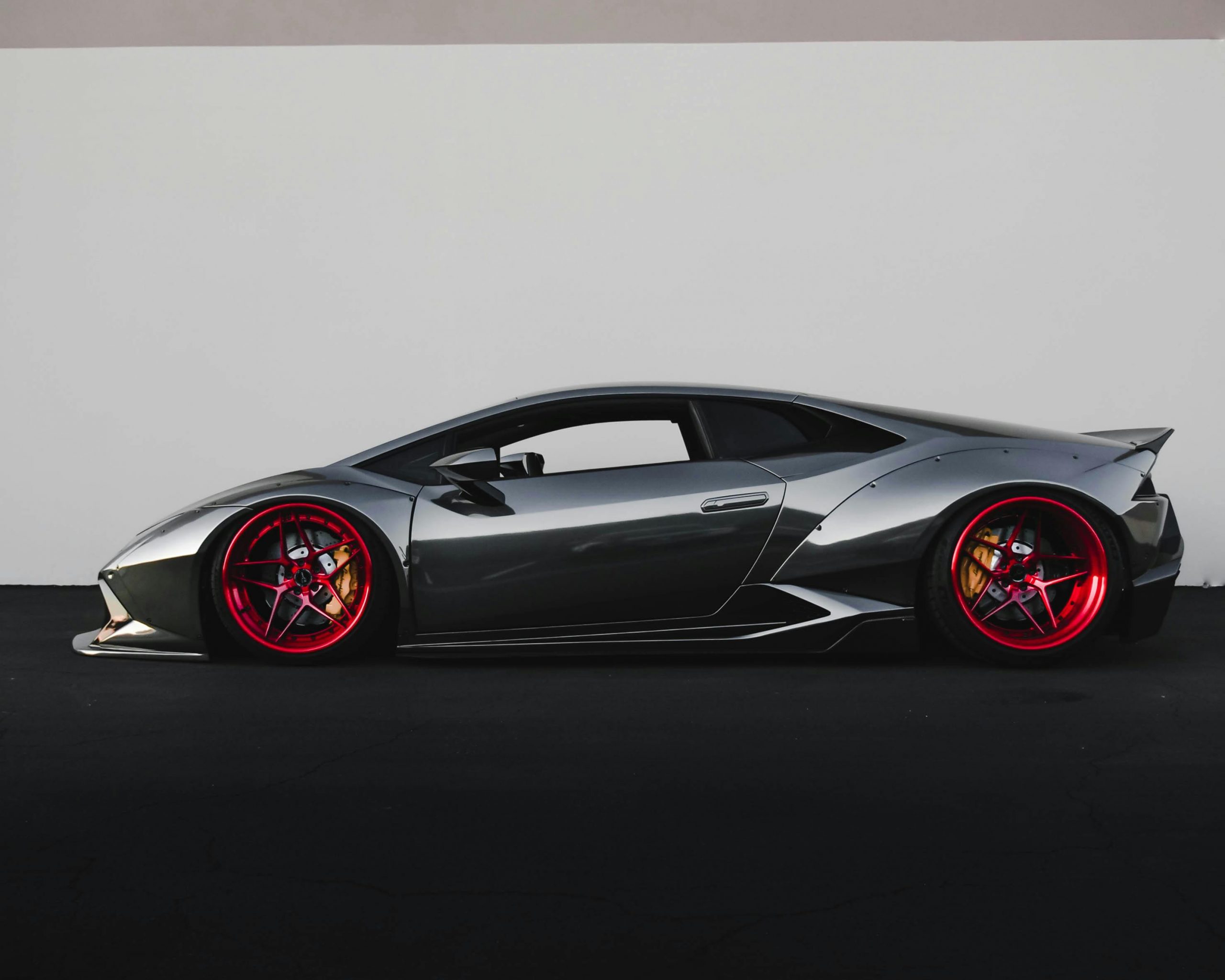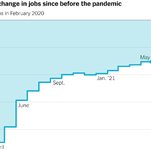Luxury Fashion Brands Launching Exclusive Online-Only Collections
The luxury fashion industry is experiencing a seismic shift as prestigious brands increasingly embrace digital-first strategies, launching exclusive online-only collections that challenge traditional notions of luxury retail. In the age of digital transformation, luxury brands are orchestrating a delicate balance between exclusivity and online accessibility, with the meteoric rise of e-commerce fundamentally reshaping how high-end brands connect with their discerning clientele. This transformation represents more than just a response to technological advancement; it signifies a fundamental reimagining of how luxury fashion houses build relationships with consumers and distribute their most coveted pieces.
The Strategic Shift to Digital-First Luxury
As technology advances and market dynamics evolve, luxury brands are compelled to adapt to an environment where e-commerce plays a crucial role. The move toward online-exclusive collections reflects a sophisticated understanding that modern luxury consumers, particularly younger demographics, expect seamless digital experiences that match the personalization and exclusivity of traditional boutiques.
This digital transformation has been accelerated by changing consumer behavior, particularly among millennials and Gen Z customers who comprise an increasingly significant portion of luxury spending. These digitally-native consumers view online shopping not as a compromise but as their preferred method of discovery and purchase. They expect luxury brands to meet them where they are, with immersive digital experiences that rival or exceed the service quality of physical stores.
The exclusive nature of online-only collections serves multiple strategic purposes. First, it creates artificial scarcity that enhances desirability – a fundamental principle of luxury marketing. By making certain pieces available only through digital channels, brands maintain the exclusivity that defines luxury while expanding their reach to global markets instantaneously.
Leading Brands Embracing Digital Exclusivity
Major luxury fashion houses have recognized the potential of online-exclusive strategies and are implementing them with increasing sophistication. From Gucci’s groundbreaking virtual showrooms to Burberry’s innovative social media campaigns, premium brands are crafting digital narratives that preserve their exclusive appeal while leveraging digital platforms.
Gucci has been particularly innovative in this space, launching limited-edition collections available exclusively through their e-commerce platform and selected digital partners. These releases often coincide with social media campaigns that generate significant buzz and drive traffic to their online stores. The brand has successfully used Instagram, TikTok, and other platforms to create anticipation for these exclusive drops, treating them as cultural events rather than simple product launches.
Louis Vuitton has taken a different approach, focusing on personalization and customization options that are only available online. Their digital-exclusive pieces often feature unique colorways, limited-edition collaborations, or customization options that cannot be found in physical stores. This strategy leverages the brand’s craftsmanship heritage while offering something genuinely unique to online customers.
Prada has experimented with time-limited online exclusives, creating collections that are available for purchase only during specific windows. This approach combines the urgency of flash sales with luxury positioning, creating a sense of urgency that drives immediate purchasing decisions while maintaining the brand’s prestige.
Technology Integration and Customer Experience
The success of online-exclusive luxury collections depends heavily on sophisticated technology integration that can replicate and enhance the traditional luxury shopping experience. Today’s luxury consumers expect seamless digital experiences that mirror the sophistication and personalization of traditional brick-and-mortar boutiques.
Virtual try-on technology has become increasingly sophisticated, allowing customers to visualize how garments will look and fit before making a purchase. Augmented reality applications enable customers to see how accessories complement their existing wardrobe, while high-definition photography and 360-degree product views provide detailed examination opportunities that sometimes exceed what’s possible in physical stores.
Artificial intelligence plays a crucial role in personalizing the online luxury experience. Advanced algorithms analyze customer behavior, purchase history, and preferences to recommend products and create customized shopping experiences. This technology enables brands to offer the kind of personalized service that has traditionally been the hallmark of luxury retail, but at scale and across global markets.
Live streaming and virtual appointments have emerged as powerful tools for maintaining the human connection that luxury customers value. Personal shopping sessions conducted via video calls, virtual fashion shows, and real-time styling consultations help bridge the gap between digital convenience and personal service.
Market Response and Consumer Adoption
2024’s luxury market trends emphasize digital innovation, sustainability, and personalized experiences, with luxury fashion brands reconfiguring their strategies to capitalize on new strategic markets – both geographic and generational. The response from luxury consumers has been overwhelmingly positive, particularly among younger demographics who view online-exclusive collections as more accessible and democratic than traditional luxury retail.
The success of these online exclusives has been measured not just in sales figures but in engagement metrics, brand awareness, and customer acquisition. Many brands report that online-exclusive launches generate significantly more social media buzz and earned media coverage than traditional retail releases. This amplification effect extends the marketing value of each piece far beyond its direct sales impact.
Consumer behavior data reveals that online-exclusive luxury purchases often lead to increased brand loyalty and higher lifetime customer value. Customers who purchase exclusive online items are more likely to sign up for brand newsletters, follow social media accounts, and make repeat purchases. This suggests that digital exclusivity creates stronger emotional connections between brands and consumers.
Challenges and Considerations
Despite the success of online-exclusive collections, luxury brands face several challenges in executing these strategies effectively. Maintaining brand integrity while embracing digital accessibility requires careful balance. Brands must ensure that their online presence and exclusive collections maintain the quality, exclusivity, and prestige that define luxury.
Counterfeiting and unauthorized reselling present ongoing challenges for online-exclusive releases. The limited nature of these collections makes them attractive targets for counterfeiters, while their exclusivity can drive up resale prices on secondary markets. Brands are investing heavily in authentication technologies and legal enforcement to protect their intellectual property and maintain customer trust.
Global logistics and fulfillment present another challenge, particularly for time-sensitive exclusive releases. Luxury customers expect premium packaging, fast shipping, and flawless presentation, regardless of their location. This requires sophisticated supply chain management and partnerships with premium logistics providers worldwide.
Economic Impact and Industry Implications
The shift toward online-exclusive collections has significant economic implications for the luxury fashion industry. These digital-first strategies often have lower overhead costs compared to traditional retail, as they reduce the need for extensive physical inventory and retail space. However, they require substantial investments in technology, digital marketing, and logistics infrastructure.
The success of online exclusives has influenced pricing strategies across the luxury market. Brands can test price points and demand levels more quickly through digital releases, allowing for more agile pricing strategies. The data generated by online sales provides valuable insights into customer preferences and market trends that inform future product development.
Traditional luxury retailers and department stores are being forced to adapt their strategies in response to brands’ direct-to-consumer online exclusives. Many are developing their own exclusive partnerships and limited-edition collaborations to compete for customer attention and maintain their relevance in the luxury ecosystem.
Future Trends and Innovations
Looking ahead, luxury brands are exploring even more innovative approaches to digital exclusivity. Virtual fashion and NFT collections represent emerging frontiers that blur the lines between physical and digital luxury goods. Some brands are experimenting with blockchain technology to verify authenticity and create new forms of digital scarcity.
The integration of social commerce features into luxury brand websites is becoming increasingly sophisticated. Brands are incorporating user-generated content, influencer partnerships, and social sharing features that turn customers into brand ambassadors. This social integration helps extend the reach and impact of exclusive online collections.
Artificial intelligence and machine learning will continue to enhance personalization capabilities, potentially enabling brands to create truly individualized exclusive pieces for high-value customers. The future may see collections that are not just online-exclusive but personally exclusive, created specifically for individual customers based on their preferences and purchase history.
Conclusion: Redefining Luxury for the Digital Age
The trend of luxury fashion brands launching exclusive online-only collections represents more than a tactical response to digital commerce trends; it signifies a fundamental evolution in how luxury is defined, distributed, and experienced. By embracing digital exclusivity, luxury brands are proving that scarcity, desirability, and prestige can be maintained and even enhanced through digital channels.
This transformation challenges traditional assumptions about luxury retail while opening new possibilities for brand expression and customer engagement. As technology continues to advance and consumer behaviors evolve, online-exclusive collections are likely to become an increasingly important component of luxury brand strategies.
The success of these initiatives demonstrates that luxury consumers are ready to embrace digital-first approaches when they are executed with the same attention to quality, exclusivity, and customer experience that defines luxury in physical retail environments. As brands continue to refine their digital strategies and invest in technological capabilities, online-exclusive collections will undoubtedly play an increasingly central role in shaping the future of luxury fashion.










